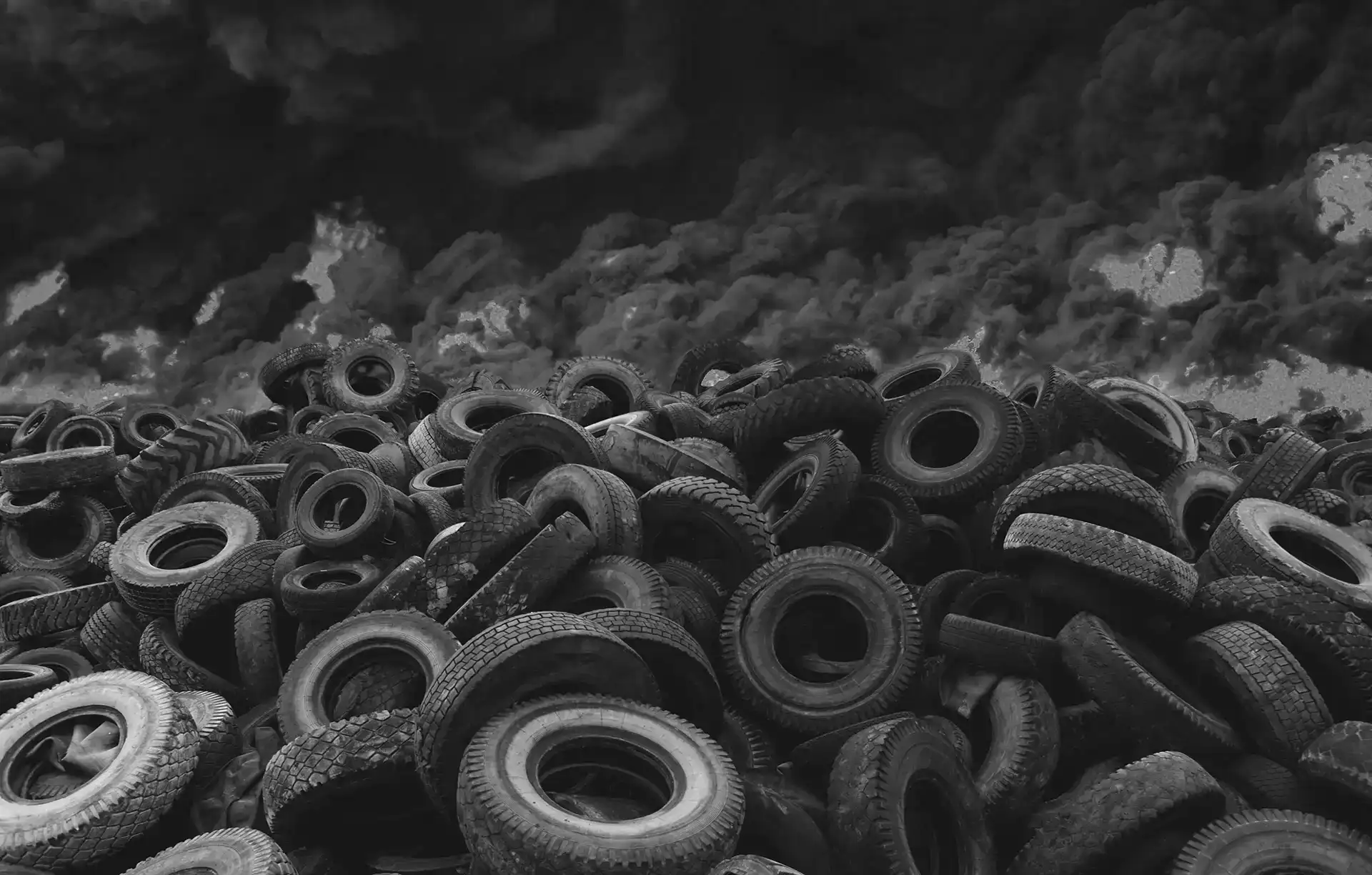In the global fight against climate change, every sector plays a critical role, and the automotive industry is no exception. As the world transitions towards a low-carbon future, the role of tyre recycling emerges as a pivotal component in mitigating greenhouse gas emissions and fostering sustainability.
The Carbon Footprint of Tyre Manufacturing: Tyre production is energy-intensive and resource-demanding, contributing to significant greenhouse gas emissions throughout its lifecycle. The extraction of raw materials, such as rubber and petroleum-derived chemicals, the manufacturing process, and transportation all contribute to the carbon footprint of tyres. Additionally, the disposal of end-of-life tyres in landfills or through incineration further exacerbates environmental impact.
Reducing Emissions through Recycling: Tyre recycling offers a sustainable solution to mitigate the environmental impact of tyre manufacturing and disposal. By reclaiming and reusing valuable materials like rubber, steel, and carbon black from discarded tyres, recycling reduces the need for virgin resources and energy-intensive production processes. This not only conserves natural resources but also minimizes greenhouse gas emissions associated with tyre manufacturing.
Carbon Sequestration and Carbon Black Reuse: Carbon black, a byproduct of tyre recycling, holds promise as a tool for climate action. Instead of being emitted into the atmosphere during incineration, carbon black can be reused in various applications, such as rubber manufacturing, plastics, and construction materials. Moreover, carbon black can potentially be sequestered in long-lasting products, effectively storing carbon and offsetting emissions.
Promoting a Circular Economy: Tyre recycling embodies the principles of a circular economy, where resources are conserved, reused, and recycled in a closed-loop system. By transitioning from a linear, take-make-dispose model to a circular approach, tyre recycling minimizes waste generation and maximizes resource efficiency. This not only reduces environmental impact but also fosters economic resilience and innovation.
Policy Support and Industry Collaboration: To maximize the impact of tyre recycling in climate action, policy support and industry collaboration are crucial. Governments can implement regulations, incentives, and standards to promote tyre recycling and support the development of recycling infrastructure. Additionally, collaboration between tyre manufacturers, recyclers, and other stakeholders can drive innovation, scale up recycling operations, and enhance market demand for recycled tyre-derived products.
Tyre recycling plays a vital role in driving climate action and steering towards a greener future. By reducing emissions, conserving resources, and promoting circular economy principles, tyre recycling contributes to the global efforts to combat climate change and build a sustainable society. As we accelerate towards a low-carbon economy, investing in tyre recycling infrastructure, innovation, and collaboration will be key to realizing its full potential in mitigating climate change and securing a brighter, more sustainable future for generations to come.








